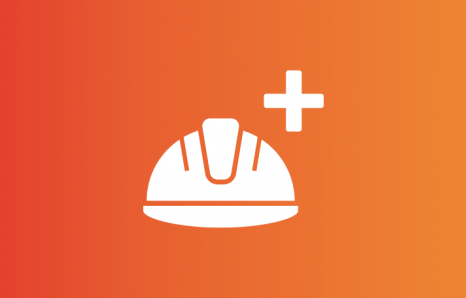Working in the rail industry can expose people to potentially traumatic events. As a manager, you want to be equipped with the tools to protect and support your team. The team and organisation around a person can play a big role in a person's recovery after an event. This session gives practical steps managers can take before, during and after an event to reduce the risk to mental health. Managers will also learn how they can protect themselves from burnout and vicarious trauma when supporting trauma-exposed colleagues.
You may also be interested in:

How to deal with work-related violence
Everyone should be able to do their job without someone threatening, assaulting or harming them. But on the railway’s front line, sadly, that isn’t always the case. In fact, RSSB statistics show that a staggering 94.1% of frontline staff have experienced workplace abuse. In this session, British Transport Police’s Inspector Keith Barnes describes how incidents of violence against railway staff can occur and how to de-escalate them. He also talks about how body-worn cameras can be both a deterrent and an aid to evidence-gathering once an assault has occurred.

Our industry-leading health dashboards
Over 20 rail companies are signed up to the award-winning rail industry health data dashboard project. The findings are already providing a powerful tool to generate evidenced based decisions to help businesses to improve overall wellbeing and health for rail staff. This session covers how companies have overcome the challenges of collecting health data, what to do if you are unsure or don’t know where to start collecting data and how it supports the story telling; answering the “why” and “so what” when taking action to drive change.

Top tips to protect yourself from melanoma (skin cancer)
Melanoma is the deadliest skin cancer, but nearly 90% of cases are preventable—this short video covers key facts, sun safety tips, and how to spot early warning signs that could save your life.
